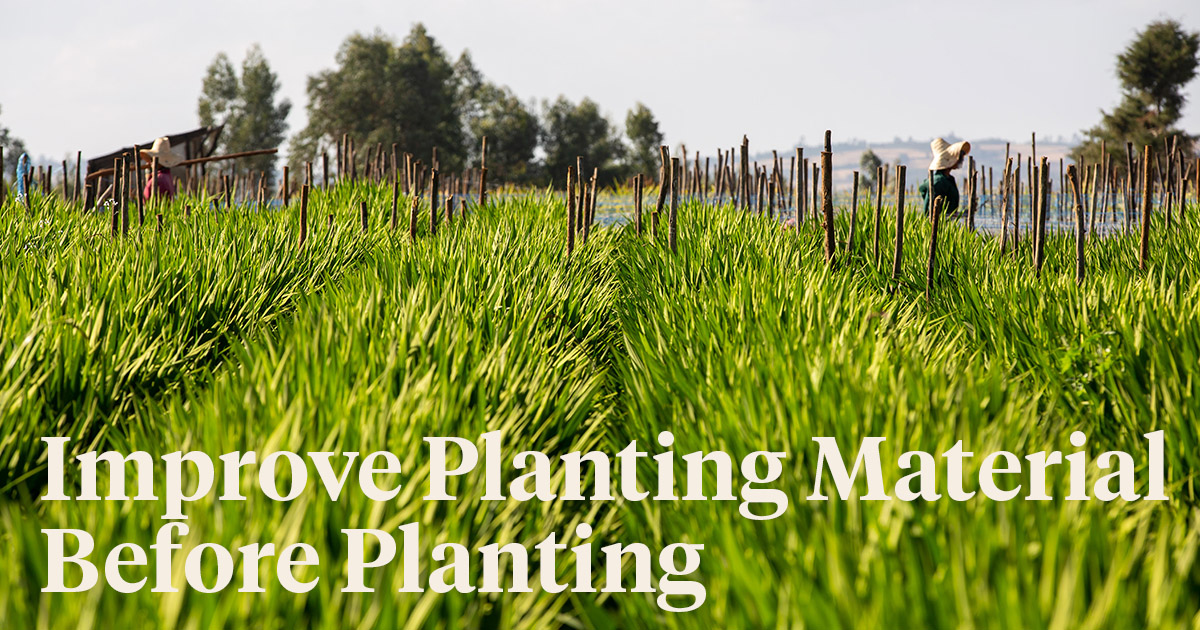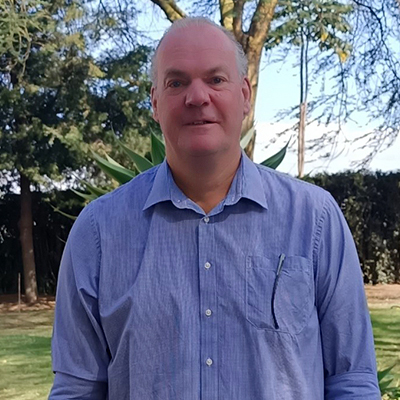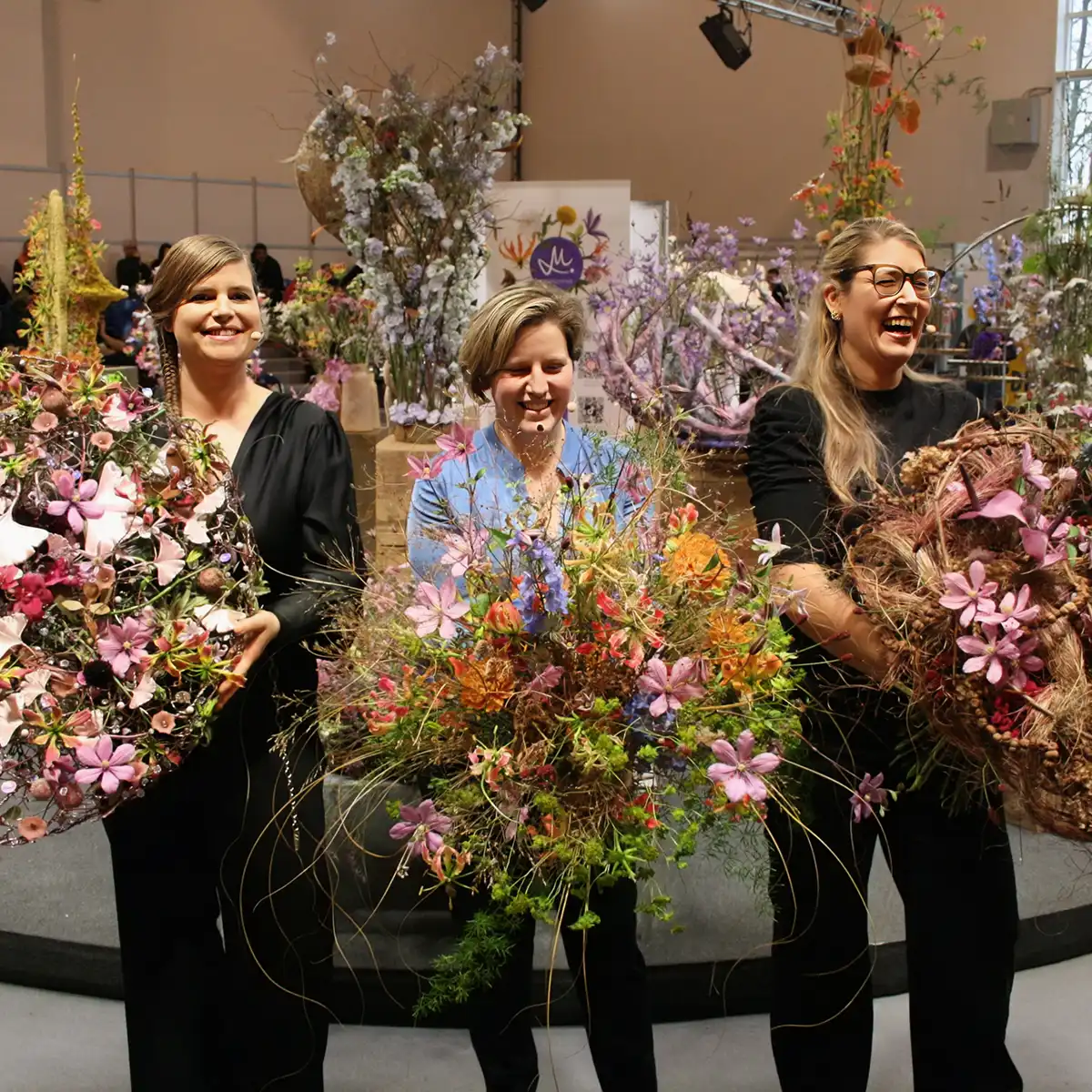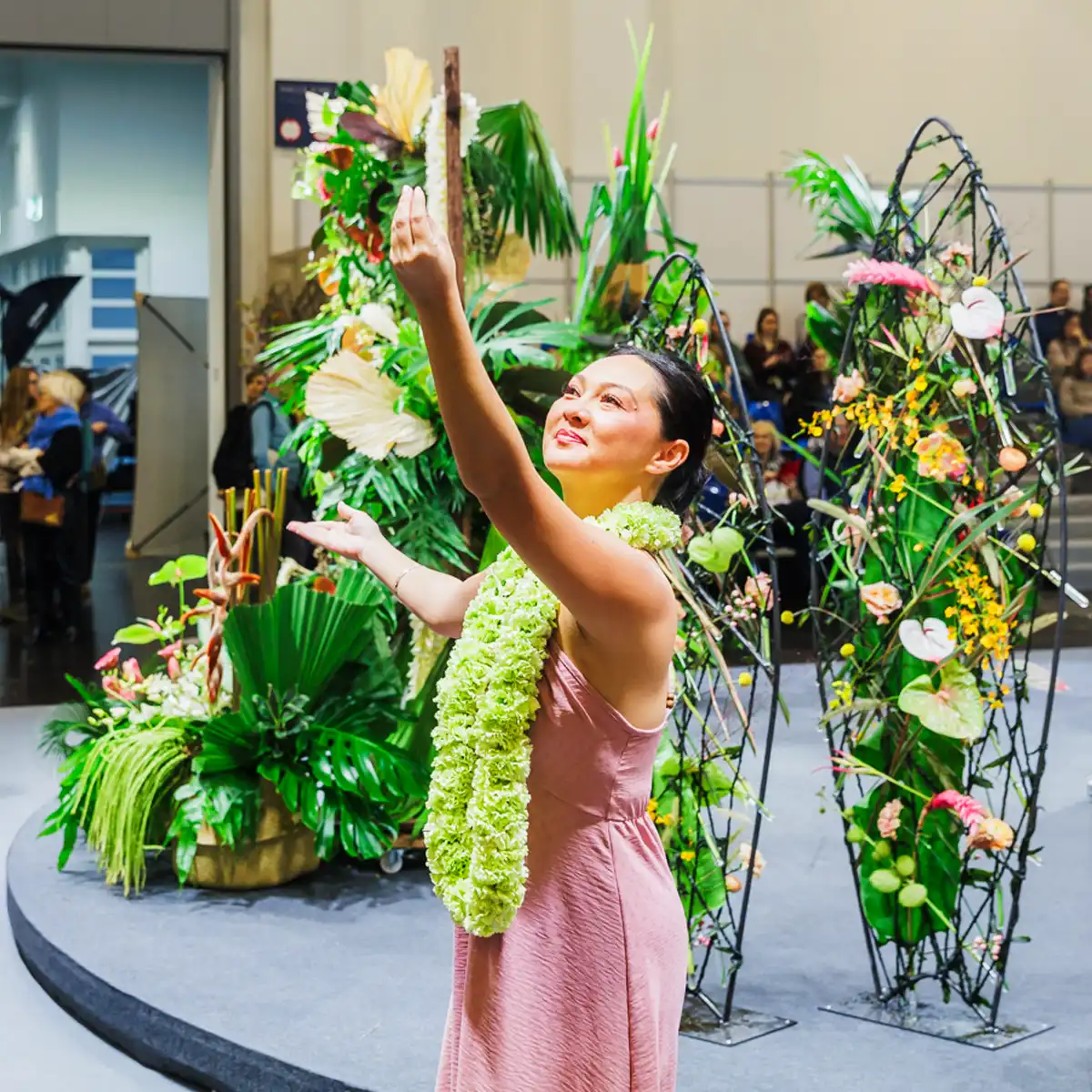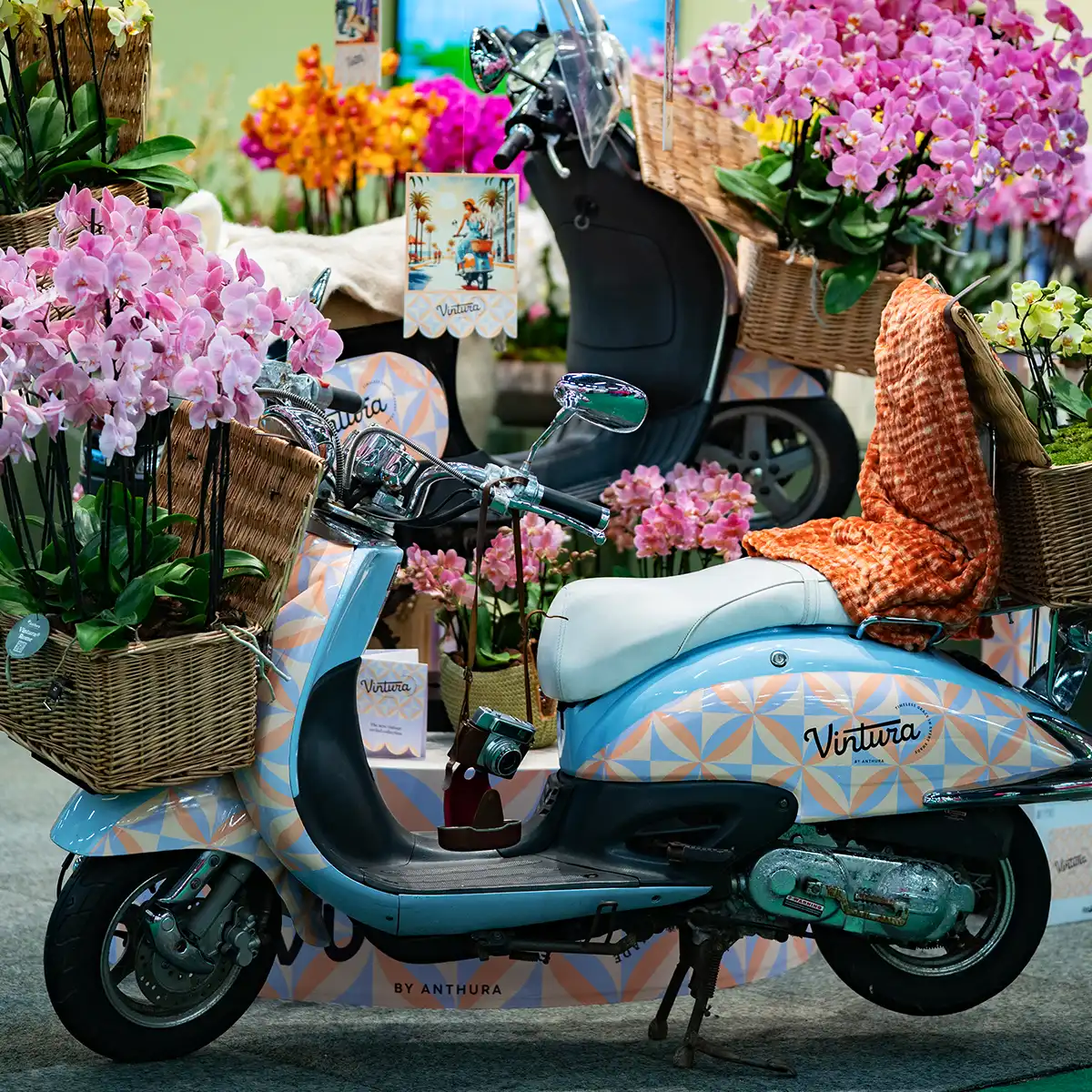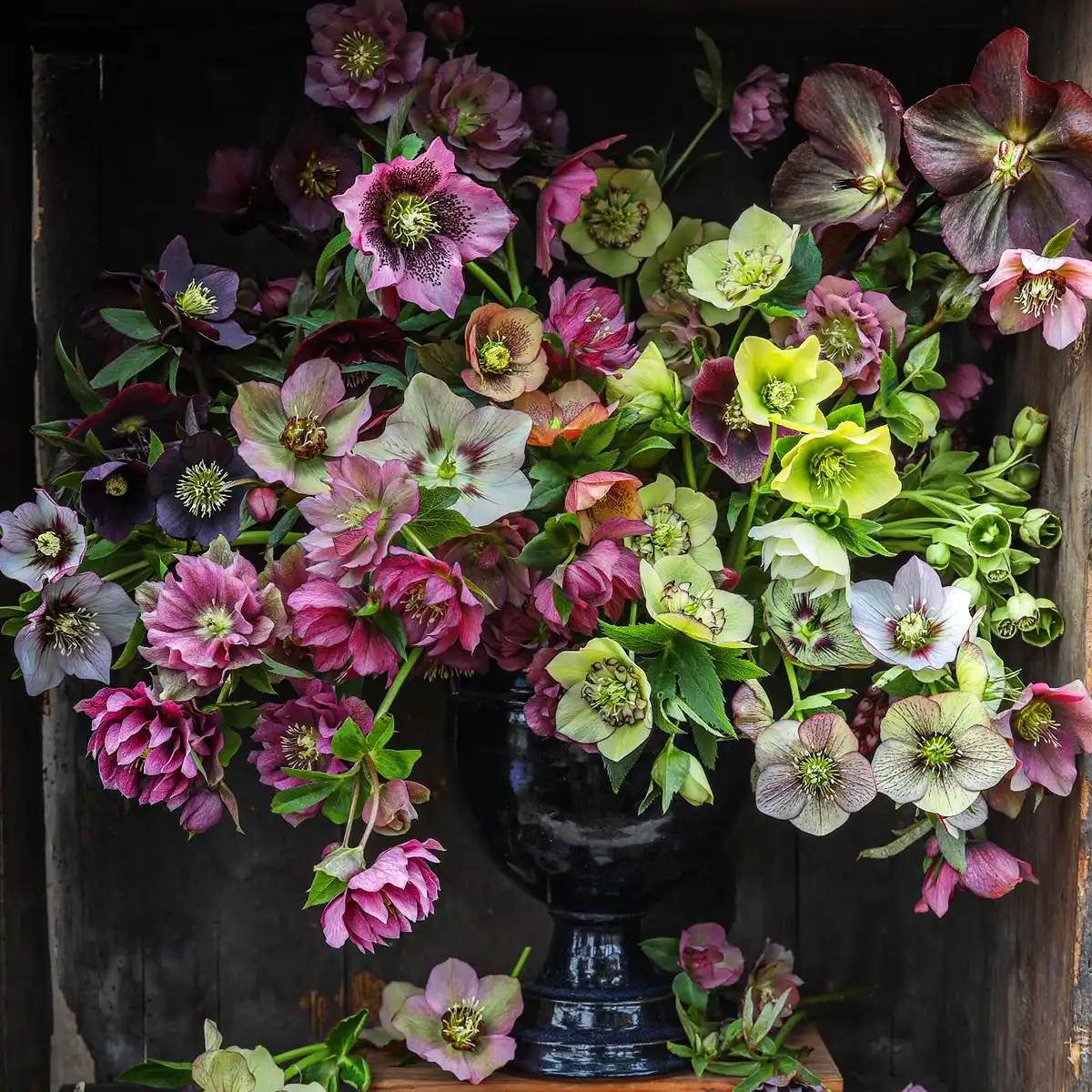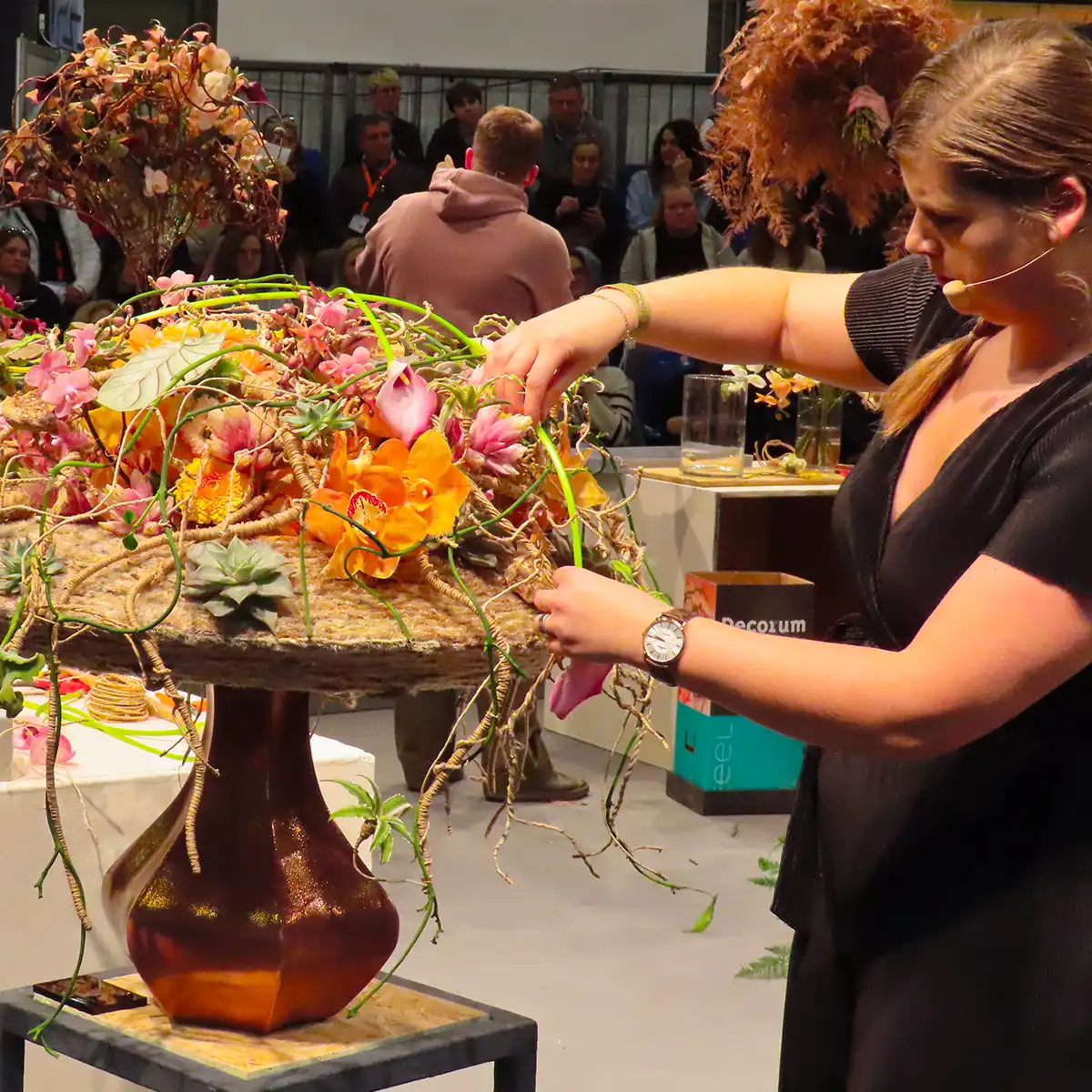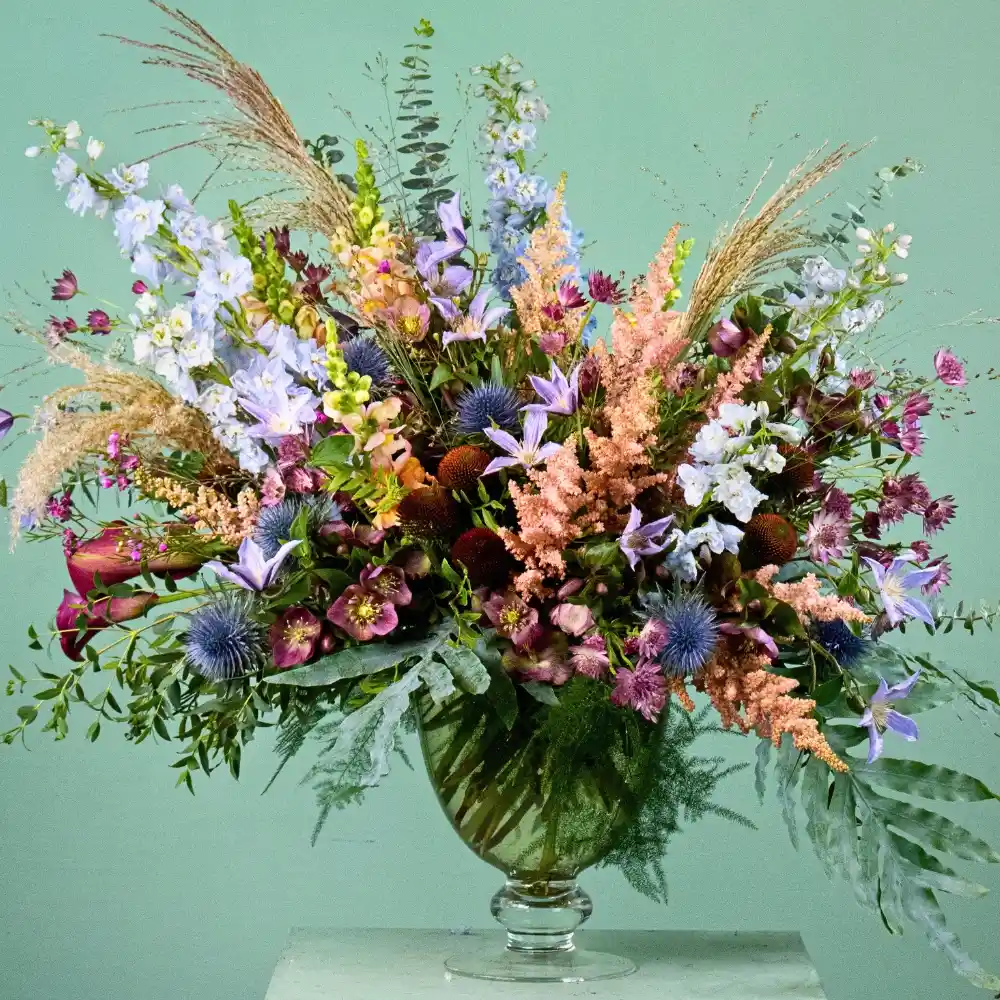Around two years ago, I started to work as an agronomist with the Marginpar group in Kenya. After a proper introduction and visiting all the farms, it became clear to me that the production of quality summer flowers still depended heavily on chemicals. That had to change. Together with the directors, it was decided to develop a five-year strategic plan for agronomy. The primary target was reducing chemical inputs and introducing a more sustainable summer flower production method.
In a series of blogs, of which this is the third one, I’ll present the results of implementing a so-called Farm Manual with a different topic such as soil-borne pathogens, and crop protection.
Planting Material, an Accelerated Start
Did you check my previous two blogs in this series?
This third part deals with planting material and how to accelerate plant establishment.
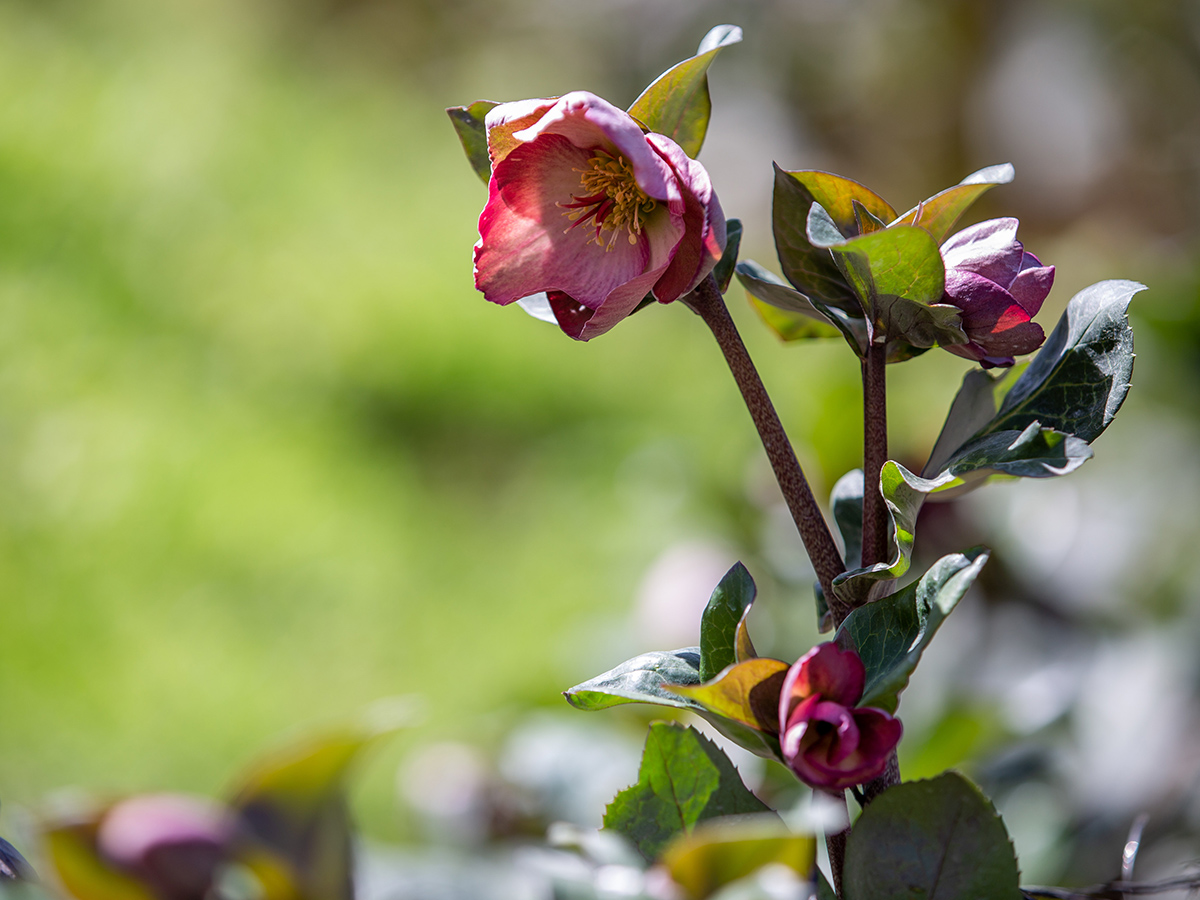
Expanding The Scope
After introducing the different biological or organic-based products, a positive impact has been noted in the different summerflower species from Marginpar. Based on the Process Improvement culture within Marginpar, the farm teams started to look for additional improvements within the production chain.
So, we asked ourselves: “How can the planting material be improved before planting?” We want to improve the planting material mainly to reduce the negative impact of transplanting. There are two ways to start looking at this: the mother stock plants, rooted plantlets (from cuttings or tissue culture), and seedlings.
Challenge
Mother stock material and plantlets are grown on different media and can not be compared with the typical soil characteristics. Different biostimulants and organic and biological products were added to the media to study the impact on the young plants. Since plant media is more porous than soil, the question is whether the added inputs can settle and deliver in time; it might drain from the planting media quickly.
Propagation
The results obtained from the production trial are promising; the different treatments resulted in better root development, white color roots, more hair roots, more vital, greener, and taller plants, and less slow rooting or dying plants. The survival rate of the plants increased significantly.
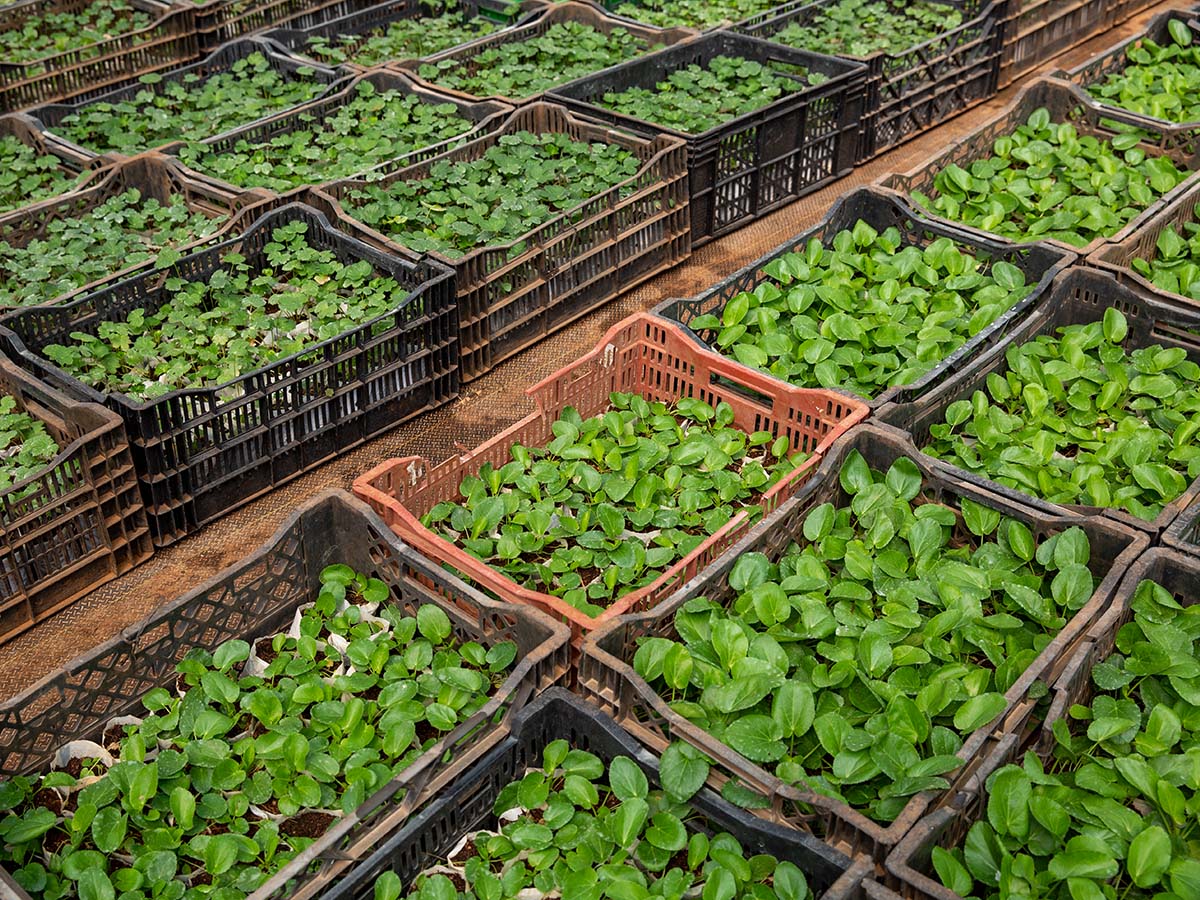
Field
Young plants in some of the treatments have been inoculated with mycorrhiza (fungi that support the plant in the uptake of nutrients). The team hopes that when the young plants are planted in the field, the mycorrhiza will support the establishment of the plant and its roots and, therefore, reduce the stress of transplanting. This will result in better protection against soil-borne fungi, better uptake of water and nutrients, and shorter development cycles (reduction in flush length).
Mother Stock Plants
Another interesting point of creating strong cuttings (and later rooted cuttings) is mother stock production. Selecting the correct vigorous plant ensures strong cuttings with a higher rooting success rate. Many different agronomic actions lead to a vigorous plant. The mother plant can be made even stronger by adding certain biostimulants to the plants. Marginpar is currently establishing some trials to determine the best way to strengthen the mother stock plants.
Read more in my fourth and final blog: To Cover or Not to Cover!
Want to know more about my job at Marginpar? Read this article about me called 'Cultivating Nature's Marvels'.

